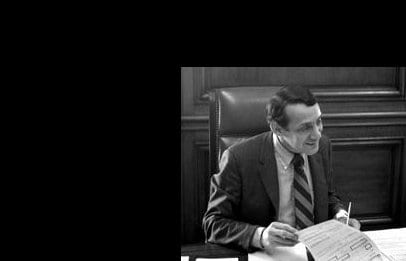On Nov 27, 1978, Harvey Milk, the openly gay man who had been elected to the San Francisco Board of Supervisors the year before, was assassinated. Among those who had worked in Milk’s inner circle was a young gay activist named Cleve Jones.
By 1985, San Francisco was at the epicentre of the AIDS crisis. Once again, Jones found himself in the midst of history in the making.
During a candlelight march to commemorate Milk’s death, Jones came up with the idea for the AIDS Memorial Quilt.
“I was running up and down The Castro with my staple gun and posters reminding people of the march, and there was a headline in our local paper saying that a thousand San Franciscans had already died of AIDS,” he says.
“And I remember standing at the corner of Castro and Market and looking around and realizing that of those first thousand, almost every one of them had lived within six blocks of where I was standing.
“And it was just a strange feeling to know that so much suffering and death was occurring but was still invisible.”
Jones and others decided to make posters with the names of the dead and carry them in the march. After the march they taped them to the front of the San Francisco Federal Building. The patchwork of posters made Jones think of a quilt.
More than 20 years later, the project is the largest community art project in the world for people with AIDS.
In the video interview below, taped in 2009, Jones talks about the march and the quilt.

 Why you can trust Xtra
Why you can trust Xtra


